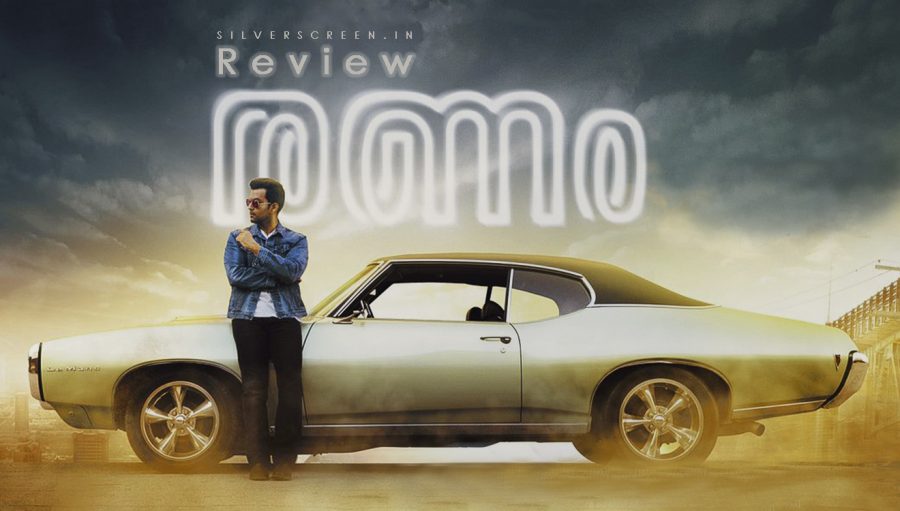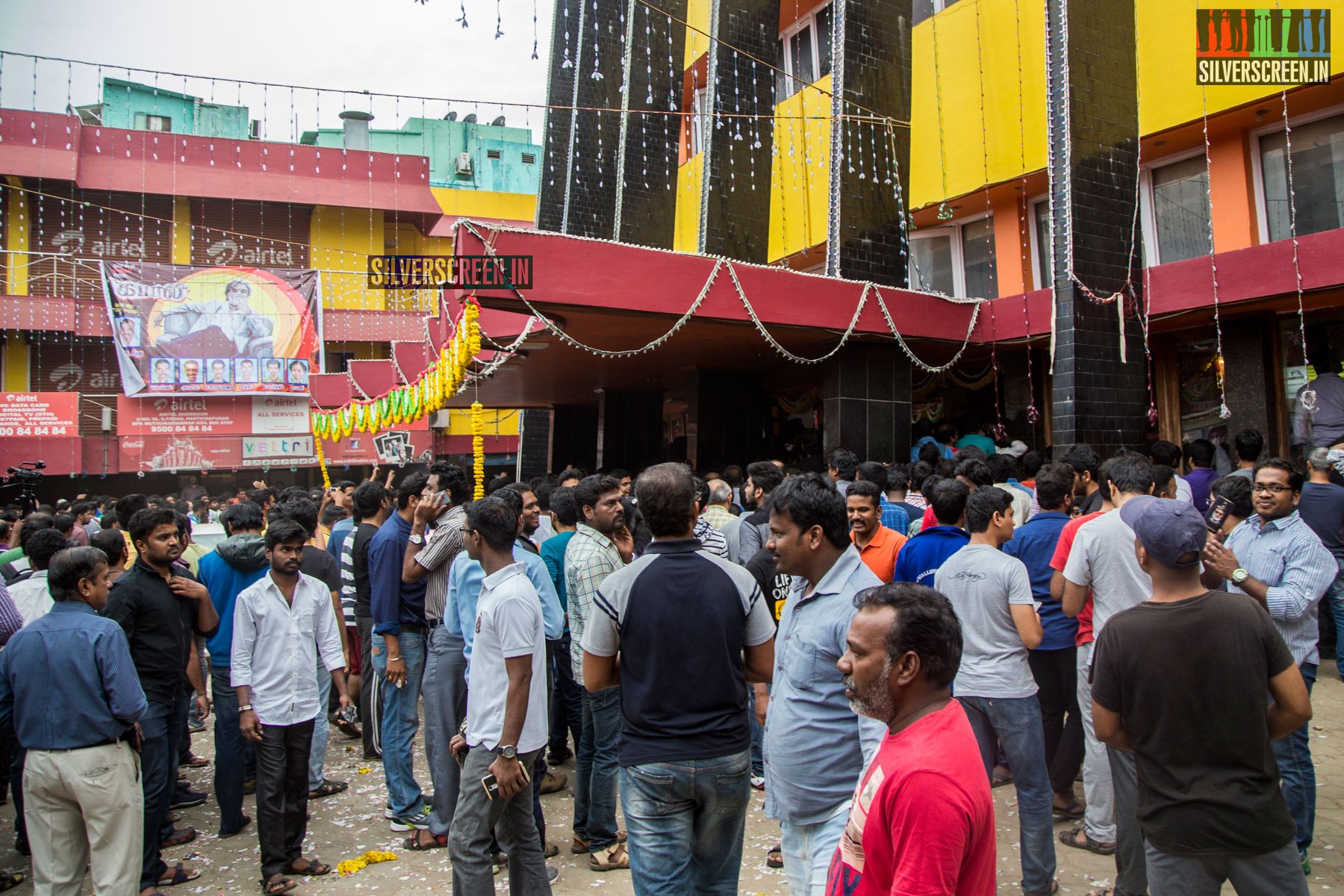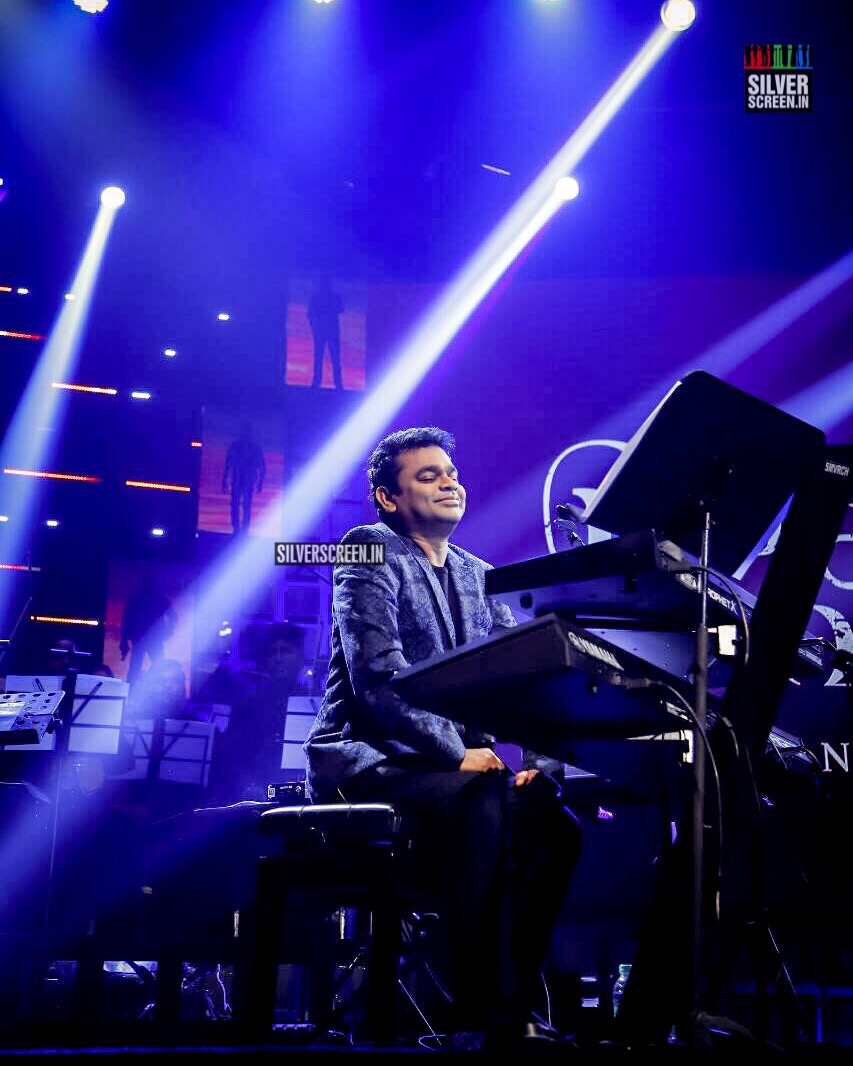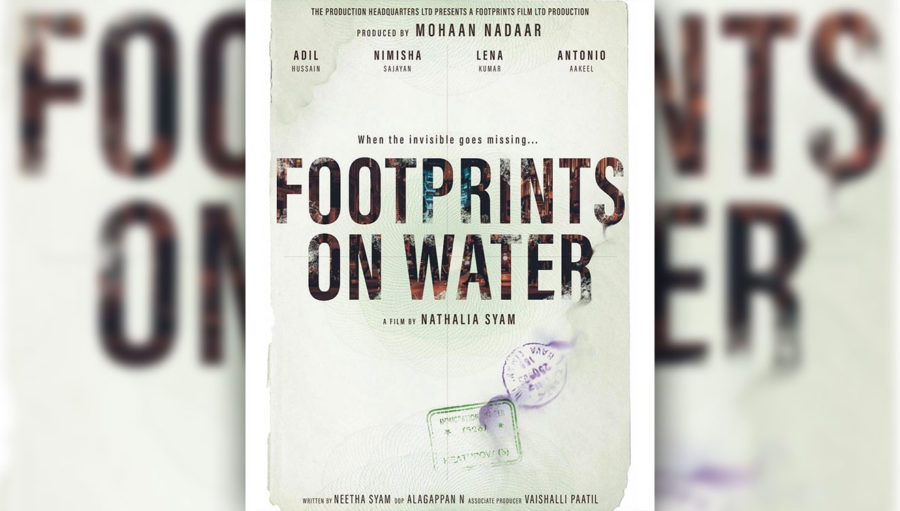Director: Nirmal Sahadev
Cast: Prithviraj Sukumaran, Rahman, Isha Talwar
Composers: Jakes Bejoy
Nirmal Sahadev’s Ranam opens to a déjà vu moment. It is midnight, and a masked driver is gliding across the roads of Detroit, past his obstacles and deceiving the men in uniform hot on his heels. Instead of indicating any sort of tension, the background score is upbeat, telling you of the coolness of the virtuoso behind the wheels. It is not really your fault if you think you saw a glimpse of Ryan Gosling inside the vehicle.
Ranam is an ambitious film – a slick visual spectacle that doesn’t want to limit itself to the raciness of the thriller genre. The focus is on the emotional turmoil of its characters – their traumatic past and how it continues to take a toll on their present-day lives. And Sahadev poetically sets the story in Detroit, the American city which was once a flourishing metropolis, but later fell into doom and became a fertile ground for crimes.
For the most part, Ranam deserves an equitable watch. The film makes ardent efforts to go deep into the mindscapes of its lead characters who are stuck inescapably in Detroit’s destiny. The protagonist, Aadhi, has had a rough childhood, patches of which we see in his frequent nightmares. His only friend, Bhaskaran, a middle-aged automobile mechanic, is stuck forever in what he describes as a ‘broken American dream’. Seema, a beautiful dancer he has taken an interest in, too has an unpleasant past, the darkness of which has spread over to the life of her 16-year-old daughter.
This boundless hangover of a tragic past causes the characters to function like melodramatic machines. As though they jumped straight from their point of trauma to the present, they over-play their emotions, and converse in lines packed with meanings and resonances. This is true even in the case of Damodar (Rahman), the ruthless mafia don who would go any extent to grab power. He talks in lines that Instagram poets would appreciate.
This fixation with emotional turbulence of the characters also renders most of the scenes barren. The background of the scenes get blurred as little attention is paid to bring them alive. Damodar’s past as an illegal immigrant from war-torn Sri Lanka sound intriguing, but is underused in the plot. The threads that connect the characters are weak and broken in parts.
Composer Jakes Bejoy’s score is slick – a treat to listen to in isolation. But instead of aiding the storytelling, it suffocates the background. It is Jigme Tenzing’s cinematography that breathes life into the film. He lights up the scenes like a maverick, produces delectable close-up shots of characters that would make you interested in their thoughts. He is ideally backed by the production design which is neat – in fact, much well-done than an average Indian movie set in a foreign metropolis.
It might not be easy to believe in the lead characters. Prithviraj uses a little too much deadpan to play Aadhi, and when he talks, his ingrained taste for stagy melodrama vies with his aspiration for West-inspired stiffness. For one, in a scene in the early parts of the film, Aadhi is at Bhaskaran’s home, at his breakfast table. The scene begins with the latter handing him over a cup of coffee. What could have been a very human moment turns into another exercise of melodrama. “Aren’t you tired yet, Bhaskaretta?” asks Aadhi an existential question in a tone so stoic and face, stony. It is his voice that anchors the film that proceeds as a flashback. Prithviraj, here, leaves nothing for the audience to discover in his body-language or tone. His performance is just flat.
Recommended
It is the film’s supporting cast consisting of actors like Giju John who plays Ahmed, a police officer, that scores the best. There is little cosmetics in his performance which appears to be dictated by a believable humanness rather than by an overall style of the movie. Shyamaprasad’s presence in the film as Chandran, an underworld mediator, only reminds you of how similar (for good or bad) the film looks to his Ivide.
What should really turn you off is the lack of mystery in the plot. You know who will meet whom, and who will outlive whom. Even the final sequences, where Sahadev plays with the cuts to create some drama, follows a hackneyed pattern. Ranam, in spite of the cape of freshness it wears, proves out to be very much a conventional drama.
***
The Ranam review is a Silverscreen original article. It was not paid for or commissioned by anyone associated with the movie. Silverscreen.in and its writers do not have any commercial relationship with movies that are reviewed on the site.



